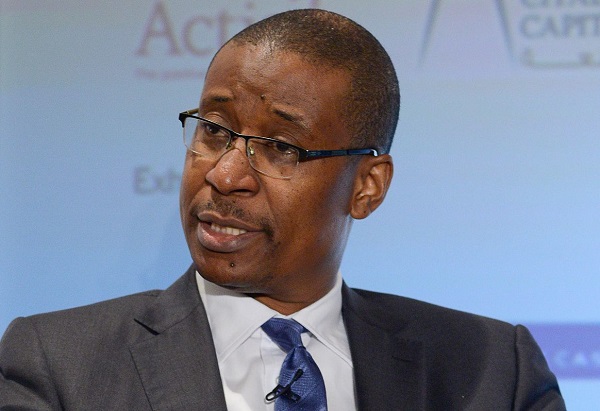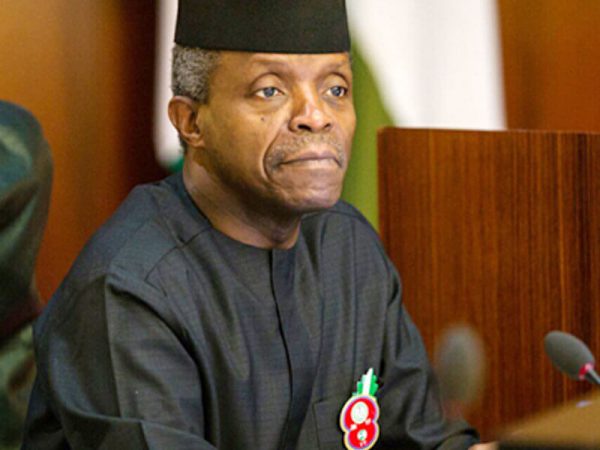Reduce $57 budget oil benchmark, MPC tells FG
 The Monetary Policy Committee of the Central Bank of Nigeria has called on the Federal Government to review downwards the 2020 budget oil price benchmark of $57 per barrel to stimulate fiscal buffers.
The Monetary Policy Committee of the Central Bank of Nigeria has called on the Federal Government to review downwards the 2020 budget oil price benchmark of $57 per barrel to stimulate fiscal buffers.
The CBN Governor, Mr Godwin Emefiele, said this on Tuesday in Abuja while presenting a communiqué on the outcome of the MPC meeting.
The two-day meeting, which was held at the headquarters of the CBN, was attended by all the 11 members of the MPC.
The 2020 budget, which was presented by President Muhammadu Buhari to a joint session of the National Assembly, was predicated on a conservative oil price benchmark of $57 per barrel.
The fiscal document, which is currently undergoing legislative scrutiny, is based on daily oil production estimate of 2.18 million barrels per day and an exchange rate of N305 per dollar.
Emefiele said it had become imperative to review the oil price benchmark so as to build fiscal buffers.
He said that there had been a lull in the oil market suggesting that prices would remain relatively weak into the foreseeable future.
Emefiele said, “On crude oil price, the committee noted the lull in the futures market suggesting that prices would remain relatively weak into the foreseeable future.
“The committee, therefore, urged the Federal Government to reconsider its 2020 budget oil price benchmark of $57 to the barrel to build buffers.”
He said the committee reiterated the need for efficiency in public expenditure.
He also said that the Loan to Deposit Ratio requirements which the apex bank had imposed on the banks had helped to unlock over N1.16tn funding to the private sector.
The amount, according to him, was provided by banks to various sectors of the economy between the end of May and October.
Emefiele said the committee urged the fiscal authorities to invest more in growth-stimulating and employment-generating sectors of the economy.
He said the MPC noted the resilience in the banking sector as demonstrated in the Non-Performing Loan portfolio, adding that this had dropped from 6.67 per cent as of September to 6.56 per cent in October.
On the huge appetite of Pension Fund Administrators to invest in government securities, Emefiele said the MPC urged the fiscal authorities to ask the National Pension Commission to direct them to refocus their investment away from government securities into other productive sectors of the economy.
He said the current upward movement in prices because of border closure was reactionary and temporary.
On the benchmark lending rate, he said the MPC would leave the Monetary Policy Rate unchanged at 13.5 per cent.
The governor said apart from the MPR that was retained at 13.5 per cent, the committee decided to hold the Cash Reserves Ratio at 22.5 per cent.
Also retained were the Liquidity Ratio, which was left at 30 per cent; and the Asymmetric Window, which was left at +200 and -500 basis points around the MPR.
He said, “In its consideration to hold, the MPC noted the positive outcome of actions already taken by the bank.
“These include the current policy on LDR, which has resulted in loans and advances rising by over N1.1tn between June and October 2019.
“The MPC is, therefore, of the view that sustaining the MPR at its current level is crucial for better understanding of the unfolding impetus of growth before deciding on any probable variations.”
On the recent decline in foreign exchange reserves to less than $40bn, he said the drop should not call for panic as the bank would continue to sustain its intervention in the foreign exchange market.








